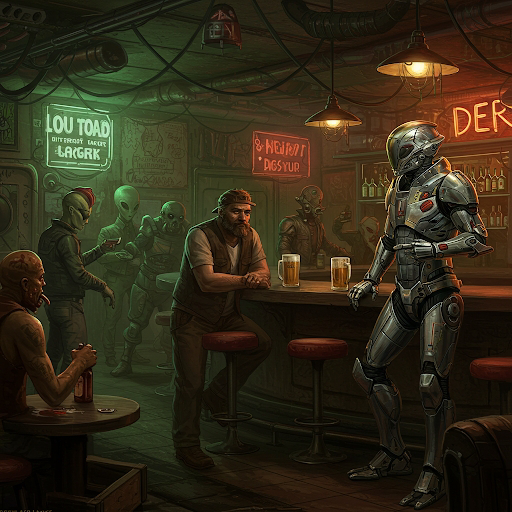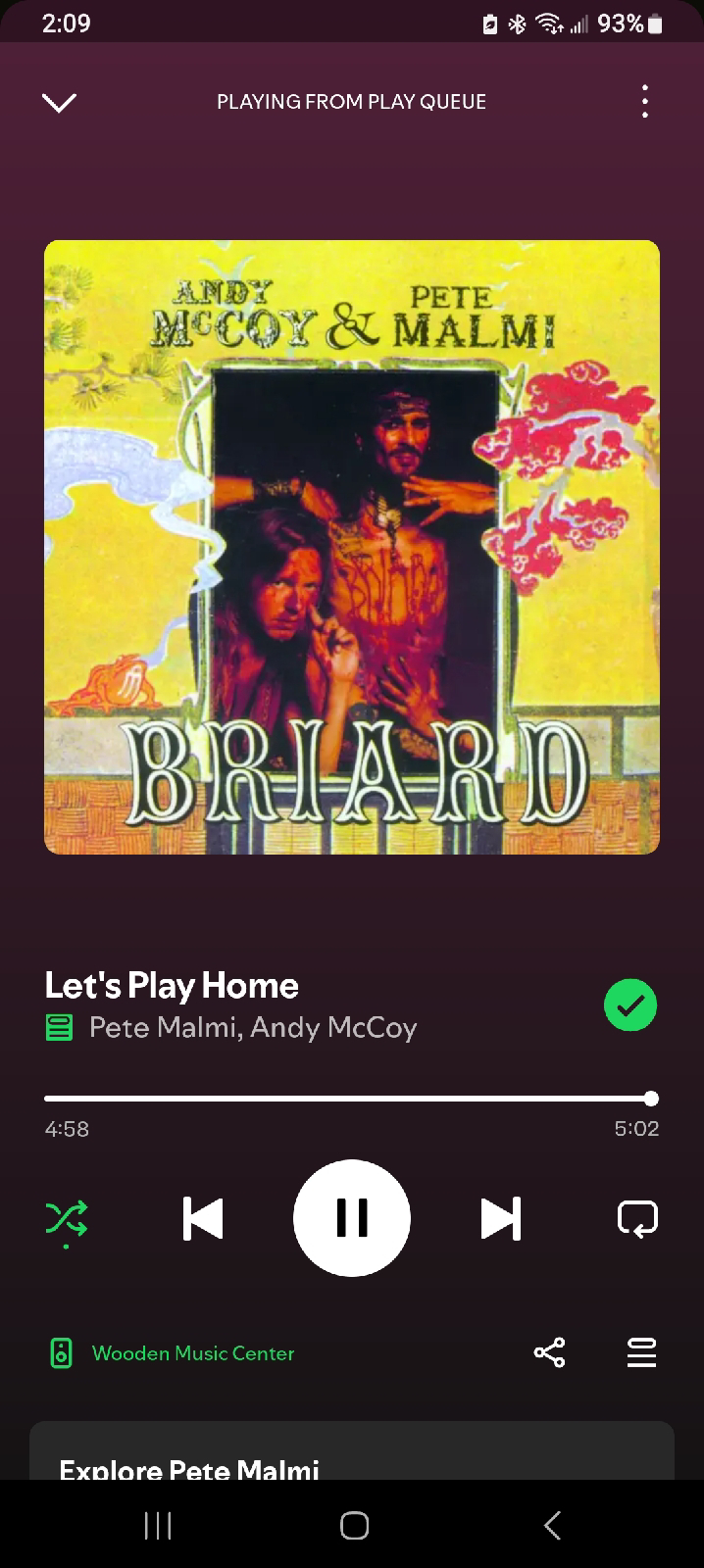[Scene: Lou Toad’s rehearsal bunker—a converted laundromat filled with incense smoke, tangled guitar cables, and vintage lava lamps that smell faintly of regret. Steel Falcon hovers above a cracked reel-to-reel player, playing How to Blow Your Mind and Have a Freak-Out Party by The Unfolding. The room hums with psychedelic feedback and possibly ghosts.]
Steel Falcon:
Lou... are you hearing this? It’s like someone tried to invent acid rock using only a bag of herbs, a malfunctioning radio, and a distant memory of the word “groovy.”
Lou Toad:
You ever smell a record? I mean, really smell it? This one smells like shag carpet and nervous breakdowns in paisley shirts.
Steel Falcon:
It’s less an album, more an audio ouija board. The narrator’s voice—he’s not talking to us, Lou. He’s summoning us. “You must learn to freak out properly.” I feel like I’m being enrolled in a school for telepathic beat poets.
Lou Toad:
I dropped out of that school, twice. But yeah—this ain’t music, this is a ritual. Like, “play backwards, light candle, release inhibitions.” I put this on once and my cat refused to make eye contact for three days.
Steel Falcon:
It’s the sitar. The fuzz. The echo that goes on so long it becomes a personality trait. I feel like I'm melting... but tastefully.
Lou Toad:
I tried to put one of these tracks in a set once. Midway through “Electric Flowers,” a guy just stood up and yelled “WHERE AM I?” and then sat back down and started clapping like we cured him.
Steel Falcon:
That’s the point, though, right? This record doesn’t want you to understand it—it wants to reprogram you. Like a lava lamp-coded MKUltra handshake.
Lou Toad:
It’s like the Unfolding knew that squares needed help breaking their mental eggshells. So they made this audio omelet and said, “Here, eat this. It might taste like incense and sound like a breakdown, but it’s freedom, baby.”
Steel Falcon:
I can’t decide if this is satire or sorcery. But either way, I want to play kazoo over it while wearing aluminum pants and crying glitter.
Lou Toad:
Now you’re talking. We should throw a “Freak-Out Party” of our own. Hand out blindfolds, serve kombucha laced with VHS memories, play this album in reverse while projecting images of sad clowns hugging washing machines.
Steel Falcon:
Yes. And everyone leaves with a sticker that says I’ve Been Unfolded.
[The tape loop warbles. A voice from the album says, “Relax... let go... you are now part of the trip.” Lou lights a clove cigarette. Steel Falcon begins to levitate slightly, glowing neon blue.]
Lou Toad:
You think we’re too late to join the ‘60s?
Steel Falcon:
Time’s a spiral, Lou. Just grab a fuzz pedal and jump in.





